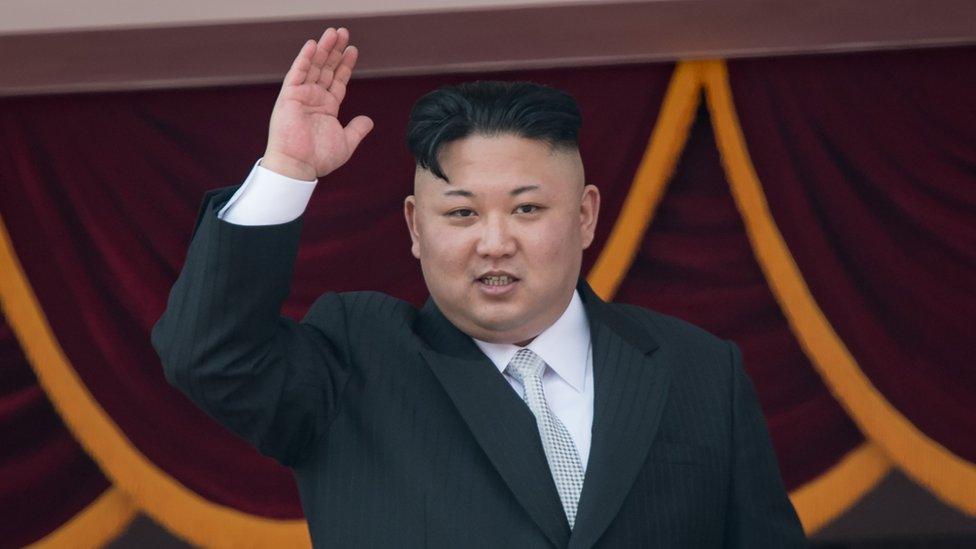Trumplomacy: What can the US do about North Korea?
- Published
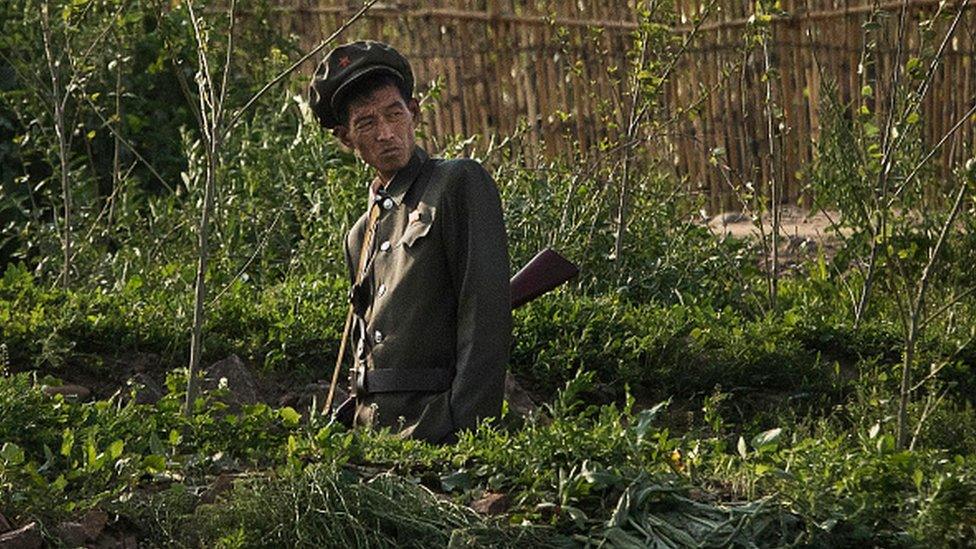
The US and North Korea are technically still at war
It's no small thing when an American prisoner dies horribly.
After the beheading of journalist James Foley by Islamic State militants in 2014, then-President Barack Obama intensified the US campaign against the group, expanding the air war to Syria. Foley wasn't the only reason, but one of them.
What then to make of President Trump's cryptic tweet after news that Otto Warmbier had passed away?
The 22-year-old student returned from captivity in North Korea with severe brain damage, due to an injury that apparently occurred shortly after he was sentenced in March 2016.
Amid a chorus of outrage from lawmakers and officials, Mr Trump declared that China's President Xi Jinping had failed to use his influence to rein in the pariah state.
Funeral for North Korea captive Otto Warmbier held in Ohio
Eyebrows rose. Did this signal that the president was giving up on China and preparing for direct action against North Korea?
No, he was not, according to Defence Minister James Mattis. Furious about Warmbier's fate, the president was "expressing the frustration of the American people", he said, with a regime that "provokes and provokes and provokes".
Warmbier's roommate in N Korea describes the trip
In the meantime, the core strategy continues: pressing China to use its prodigious economic and diplomatic leverage to squeeze North Korea into submission on ending its nuclear weapons and ballistic missile programmes.
But that's been tried for a long time, and it hasn't worked.
Otto Warmbier, fourth from right, is seen shortly before his arrest
True, Beijing is growing more concerned about the behaviour of its rogue neighbour, yet it remains loath to pursue sanctions severe enough to destabilise the regime.
Warmbier's imprisonment and death have highlighted both the seriousness of the North Korea problem and the lack of good answers.
"I think we need to tighten the sanctions, I think we need to focus more on the human rights abuses, I think we need to do more in terms of putting pressure on North Korea," Ohio Senator Rob Portman said at the funeral.
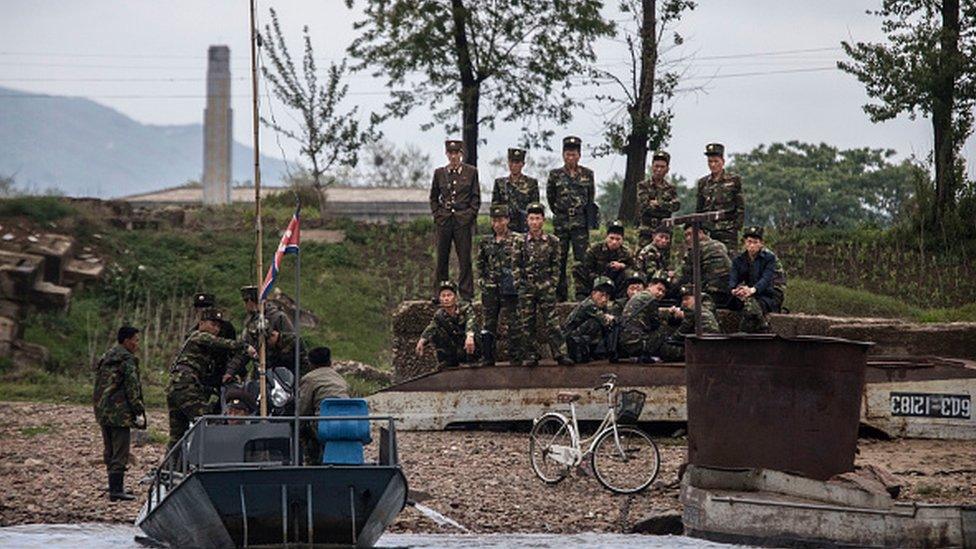
North Korean soldiers patrol the Chinese border
"But we also have to have a line of communication open to this country. As barbaric as they've proven to be, that was one of our problems: we didn't have that ability to communicate."
It was communication through a back channel dealing with American prisoners that led to Warmbier's release. North Korea experts hoped this might develop into something more. But his condition, and his death, seems to have shut that door for now.
In the meantime, the State Department and Congress are considering banning Americans from travel to, or at least tourism in North Korea.
None of that, though, was on the agenda at the funeral, where the town focused on celebrating the life of a popular, talented young man, rather than looking back in anger.

"Part of what made him such a vibrant life was that he was willing to go out and explore and try and find out more things," said family friend Gretchen Tash.
"And that's what took him to North Korea, because he was exploring what's in the world and how do I fit into it and make the world a better place."
Warmbier's father called him a fighter, and some of his friends believe that the core of his spirit held on, until he felt it was safe to let go.
Rest in peace, Otto Warmbier.
- Published21 June 2017
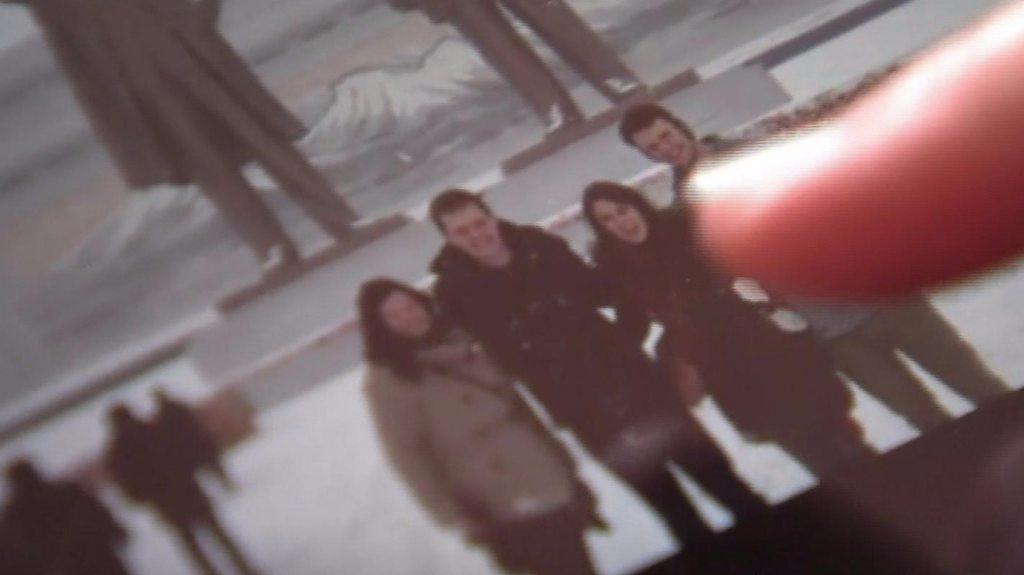
- Published20 June 2017
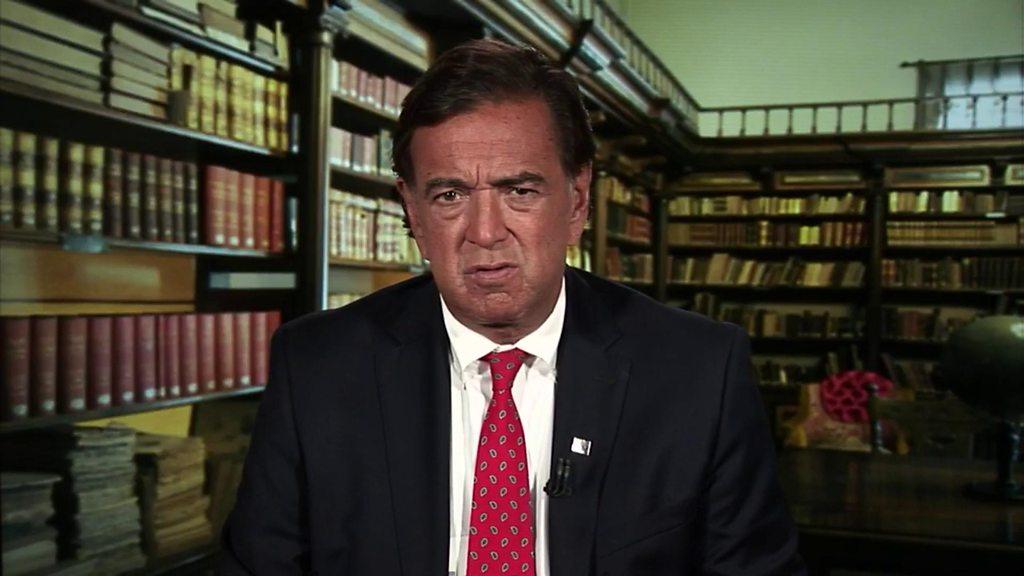
- Published20 June 2017
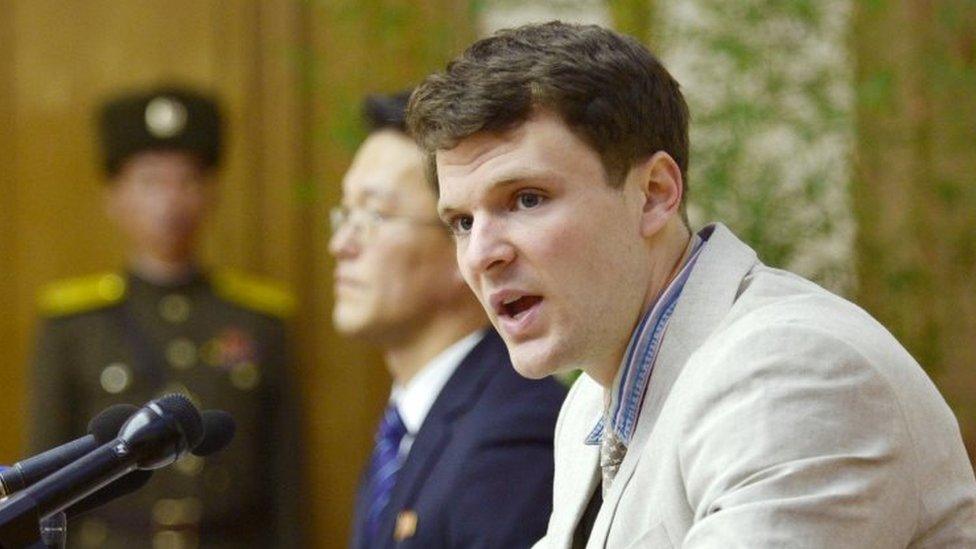
- Published20 June 2017

- Published14 June 2017
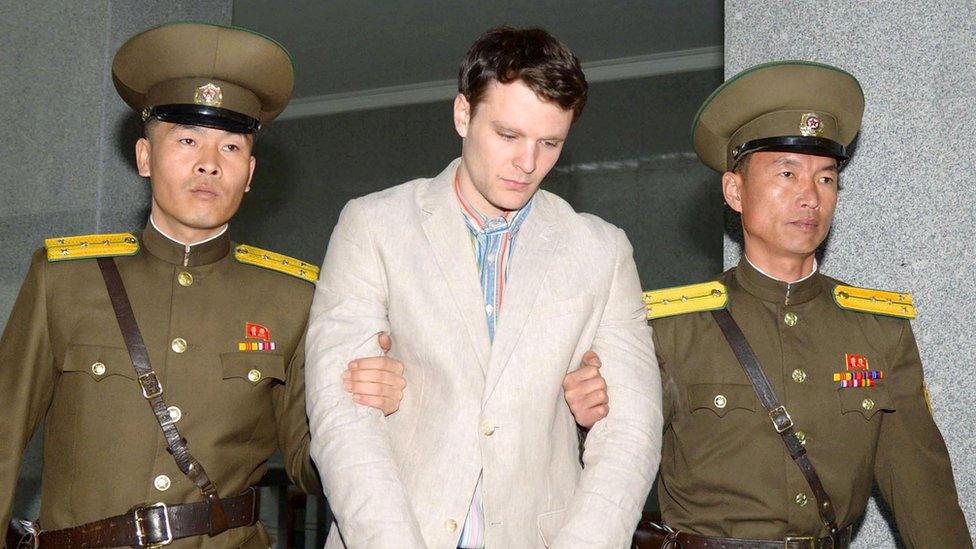
- Published2 May 2017
